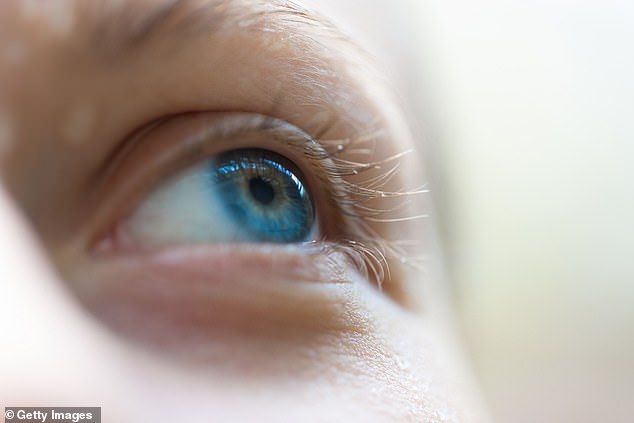
Study Identifies Potential Ocular Complications Associated with Pfizer COVID-19 Vaccine
Pfizer’s COVID-19 Vaccine Linked to Minor Corneal Changes, Study Finds
[Image: Close-up of an eye highlighting the cornea]
A new study from Turkey suggests Pfizer’s COVID-19 vaccine may cause temporary changes to the cornea, the eye’s clear outer layer. Researchers tracked 64 patients, analyzing their corneal health before vaccination and two months after their second Pfizer dose. While no immediate vision issues were reported, findings revealed subtle changes that could impact high-risk individuals.
Key Findings
- Thicker Corneas: Average corneal thickness increased from 528 to 542 micrometers (0.0208 to 0.0213 inches), a 2% rise. Temporary thickening can occur due to inflammation but may pose risks if persistent.
- Reduced Cell Density: Endothelial cells, which maintain corneal clarity, decreased by 8% (2,597 to 2,378 cells/mm²). While still within the normal range (2,000–3,000 cells/mm²), this drop could affect those with pre-existing eye conditions or prior corneal transplants.
- Cell Shape and Size Changes: Hexagonal cell structure declined by 2%, and cell size variability increased, indicating potential stress on the cornea’s inner layer.
[Image: Pfizer COVID-19 vaccine vial]
Implications for Eye Health
The endothelium, which doesn’t regenerate, is critical for vision. Prolonged changes could lead to corneal edema or decompensation, causing blurry vision or permanent damage in severe cases. Researchers emphasized monitoring for high-risk groups, including those with low cell counts or corneal grafts, using specular microscopy.
Study Limitations and Reassurances
The team stressed these changes were minor and short-term, with no immediate harm to most individuals. Follow-up studies are needed to assess long-term effects. Notably, the study did not advise against vaccination, highlighting COVID-19’s severe risks compared to rare vaccine side effects.
[Image: Woman undergoing an eye exam]
Broader Vaccine Safety Context
This study adds to rare but documented side effects of mRNA vaccines. In May 2025, the FDA required updated labels for Pfizer and Moderna vaccines warning of myocarditis and pericarditis risks, particularly in males aged 16–25.
Conclusion
While the corneal changes observed are not immediately alarming, the study underscores the importance of monitoring eye health post-vaccination for vulnerable individuals. Ongoing research will determine if these effects resolve over time.
Images suggested: Cornea diagram, Pfizer vaccine vial, eye exam. Always consult a healthcare provider for personalized medical advice.
(Word count: ~600)


